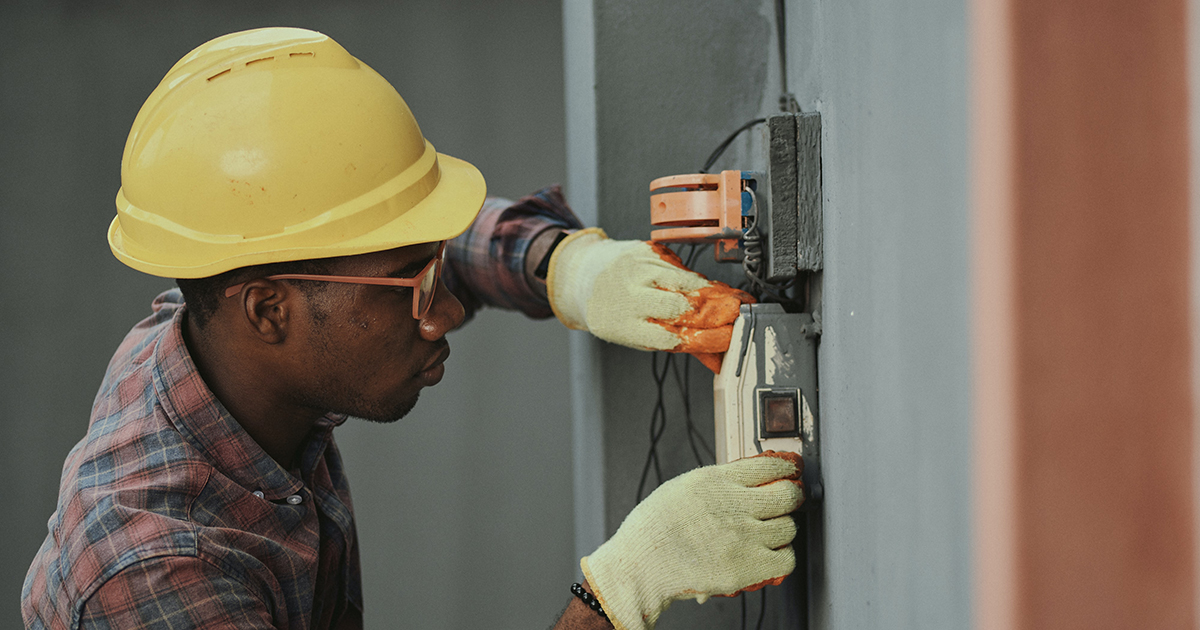
Massachusetts clean energy workforce needs assessment
In 2023, the Massachusetts Clean Energy Center released Powering the Future: A Massachusetts Clean Energy Workforce Needs Assessment.
This report covers a comprehensive analysis of the clean energy workforce required to meet the state's ambitious 2030 greenhouse gas emission reduction targets.
As part of the study led by BW Research Partnership, Slipstream contributed research to identify good practices for workforce development programs, with a focus on providing opportunities for environmental justice populations.
The bottom line
Successful workplace development programs require strong partnerships between employers, training facilities, and community-based organizations.What's next
Workforce development efforts should be intentional about how to design programs to help with retention and equitable opportunities across populations.Strong workforce development programs require partnerships between employers, training providers, and community-based organizations. Some of the report’s recommendations include:
- Employers should help design training programs to ensure programs meet market needs, provide hands-on learning opportunities, and create a pipeline for placement.
- Community-based organizations are key partners to help recruit and provide wraparound services for participants.
- Successful programs lay an intentional path to career success, from the design stage through the placement and first several months of employment.
Workforce development needs to be top of mind as we work to meet climate goals in the future. To provide good jobs and meet the workforce needs, programs for workforce development need to be intentional. These programs should think about how to creatively recruit participants and support them through the training process—and expose young and diverse people to the variety of career paths in the clean energy economy.
Learn more
Find the full report, including a free webinar, on MassCEC’s website.